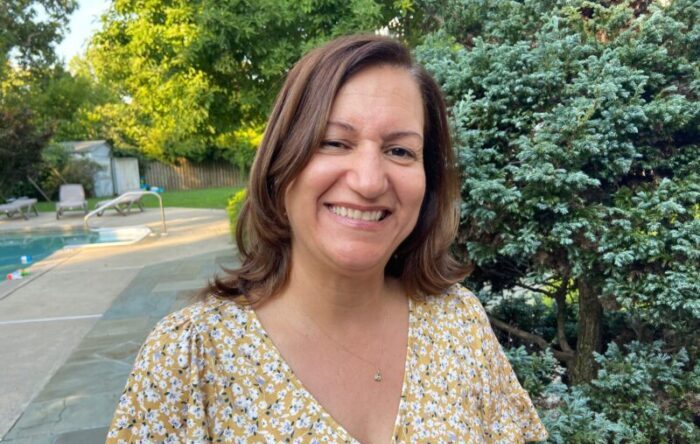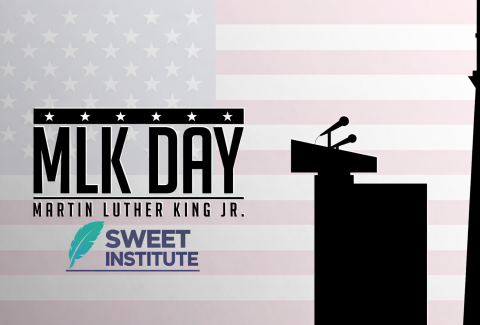Sol Reyes Pelosi: Navigating the Path of Social Work
In the realm of mental health and social work, few journeys are as rich and diverse as that of Sol Reyes Pelosi. Her career, which began in the 1980s, reflects a profound dedication to supporting families and children through various phases of their lives. This article is about her extensive experience, the challenges she faced, and her unwavering commitment to the field.
Sol Reyes Pelosi’s entry into social work began with her graduation from Hunter College in 1988. She initially took on a role at St. Christopher’s Ottley, where she delved into the complexities of foster care. “It was a significant learning curve,” Sol recalls, “working with foster families and understanding their unique challenges. The experience was both formative and demanding.”
Her path took an unexpected turn when she rejoined her family’s grocery business in Brooklyn’s Sunset Park. This detour lasted nearly a decade, during which she balanced work and family life, including the birth of her son. Despite stepping away from social work, her commitment never wavered. In 1993, she returned to the field with a role at the New York City-based agency, HeartShare, where she combined direct work with recruitment, foster care, training programs for foster parents, and home studies for prospective adopting parents. Sol was instrumental in implementing a groundbreaking twelve-week training program for foster parents, emphasizing the importance of community collaboration and integrated support systems. This period marked her re-entry into social work, enriched by her broader life experiences.
In her subsequent roles, Sol has demonstrated remarkable adaptability. At HeartShare, she worked on preventing foster care placements by providing family counseling, home visits, and managing cases through various social services programs. “It was crucial to support families in maintaining stability,” she notes. “We worked hard to provide comprehensive services, from counseling to advocacy.”
Her career continued to evolve as she moved to a smaller, community-based program in Cypress Hills, Brooklyn. Here, Sol was part of a team that engaged families in unconventional ways, such as organizing community trips and integrating art therapy into their work. “This approach was incredibly rewarding,” she says. “It was about connecting with families on a more personal level and creating opportunities for shared experiences.”
In 2002, Sol began her tenure with the Department of Education, a significant shift from her previous roles. “Working within the educational system introduced me to new challenges,” she explains. “I had to quickly learn about special education laws and advocate for students’ rights.” Her role involved supporting parents in navigating the complexities of special education, and she adapted to the evolving landscape of educational services.
Throughout her career, Sol has faced numerous challenges, from the initial difficulties of working with parents as a young social worker to the bureaucratic hurdles within the Department of Education. One poignant challenge was addressing her own insecurities about not having a master’s degree early in her career. “I felt I needed more knowledge to effectively support my clients,” she recalls. This drive led her to return to school and complete her master’s program in 2001, which she describes as a transformative experience.
Sol’s journey has not been without its share of difficulties. She faced the struggle of balancing her professional responsibilities with her personal life, including navigating the complexities of addiction and trauma within her family and client base. Despite these challenges, Sol remained steadfast in her commitment to her clients, using her experiences to empathize with and support them effectively.
“I always aimed to create a welcoming environment for my clients,” she explains. “Whether through play therapy, strength-based approaches, or simply being there for them, my goal was to make a positive impact on their lives.”
Her passion for learning and growth extends beyond her professional life. Sol enjoys reading across various genres, with a particular interest in history and women’s studies. “I find it fascinating how historical events shape our present,” she says. “Understanding these connections enriches my perspective and informs my work.”
Reflecting on the SWEET Institute, Sol notes the profound impact it has had on her professional growth and approach to social work. The SWEET Institute’s commitment to blending innovative therapeutic practices with a deep understanding of systemic issues resonated deeply with her. Sol appreciates how the Institute fosters a collaborative environment where practitioners can share insights and strategies, enriching their practice and improving outcomes for the individuals they serve. The emphasis on continuous learning and integration of holistic approaches at the SWEET Institute has allowed her to expand her skills and adapt new methodologies, which she finds invaluable both personally and professionally in her ongoing work with families and children.
As she looks toward retirement, Sol reflects on her career with a sense of fulfillment and anticipation for the future. Her commitment to mentoring new social workers and advocating for effective practices within her district exemplifies her dedication to the field. “It’s been a challenging but incredibly rewarding journey,” she concludes. “I’ve learned so much and hope to continue contributing to the field, both through direct work and by supporting others.”
Sol Reyes Pelosi’s career in social work is a testament to resilience, adaptability, and a deep commitment to making a difference in the lives of families and children. Her journey underscores the profound impact that dedicated professionals can have in the field of social work.
Born in the Dominican Republic, I am the youngest of nine siblings. My father tragically passed away when I was just one year old, leaving my mother to raise us as a single parent. At age 12, I immigrated to New York with my family, where I navigated the challenges of a new culture and language, eventually finding my passion in social work.
After marrying at 24 years old and that marriage ending, I became a single parent to a 5-year-old boy. I experienced challenges balancing my responsibilities as a mother, working full time, and starting my Masters program. Despite these struggles, and with the help of babysitters, I earned my master’s degree. Later, I remarried and my new husband and I had a son.
Today, as an empty nester, I’m embracing a new chapter with optimism, guided by the principles I’ve learned throughout my journey. My life has been shaped by strong family values, resilience, and a commitment to making a positive impact through my work in social services.







